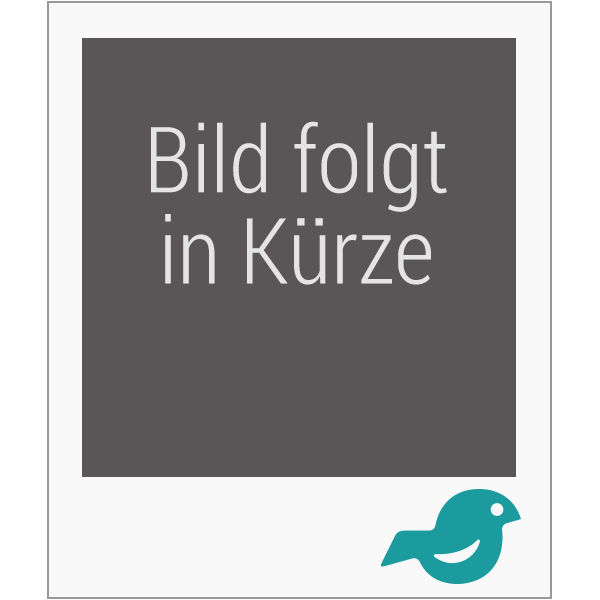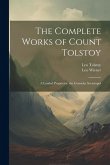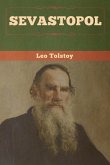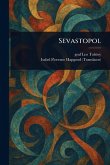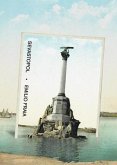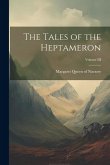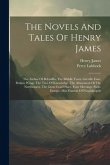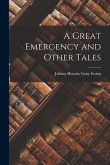A stunning new translation of Tolstoy's immersive, inventive and masterfully ironic account of the Crimean War, and of the profound light that violence shines on human nature. "[Tolstoy's] fiction changed the way human beings think about themselves." -- George Saunders Crimea, 1854: residents in the besieged city of Sevastopol look out over a harbor punctured by the masts of scuttled ships, and taunt the French forces that keep them trapped behind defensive walls. So begins Leo Tolstoy's account of nine months of shelling, destruction, courage, vanity, glory and death. Based on his own experiences as an artillery officer in the Crimean War, Tolstoy uses a kaleidoscopic range of narrative techniques to build up a picture of the conflict, wheeling from officer to soldier, cannon to barracks. The first tale, 'Sevastopol in December', takes us on a tour of the besieged city, where spirits are high, but defenses are crumbling. In 'Sevastopol in May' we enter the fray with a group of officers, some honorable and brave, some foolish, vain and shallowly preoccupied with status - and some all of these at once. 'Sevastopol in August' brings the story to a close, following the fates of two brothers in the final battle for the city. Communicated in prose marked by vivid sensation and profound irony, Tolstoy's questions - about the nature of truth and heroism, and about why we choose to pay the high human price of conflict - are as relevant as ever.
Bitte wählen Sie Ihr Anliegen aus.
Rechnungen
Retourenschein anfordern
Bestellstatus
Storno

